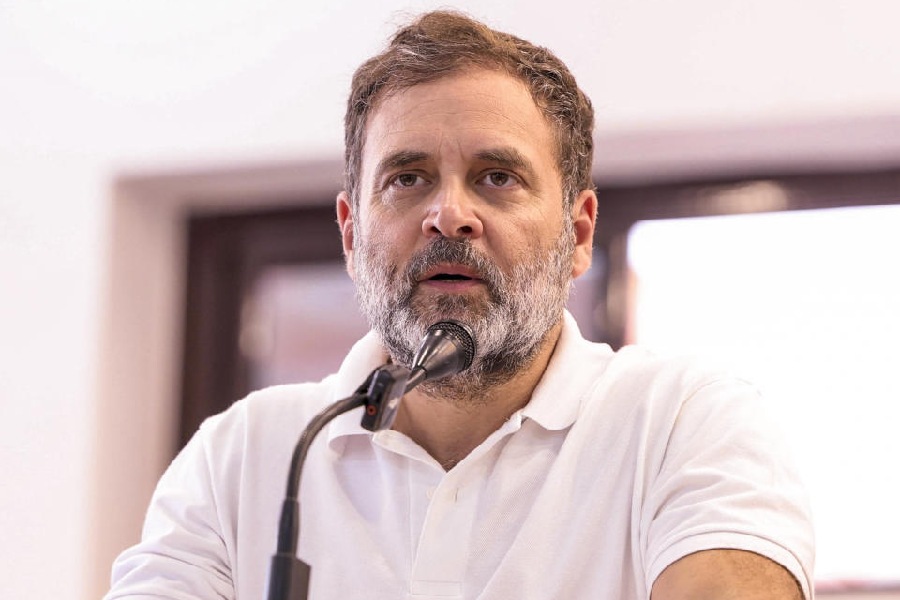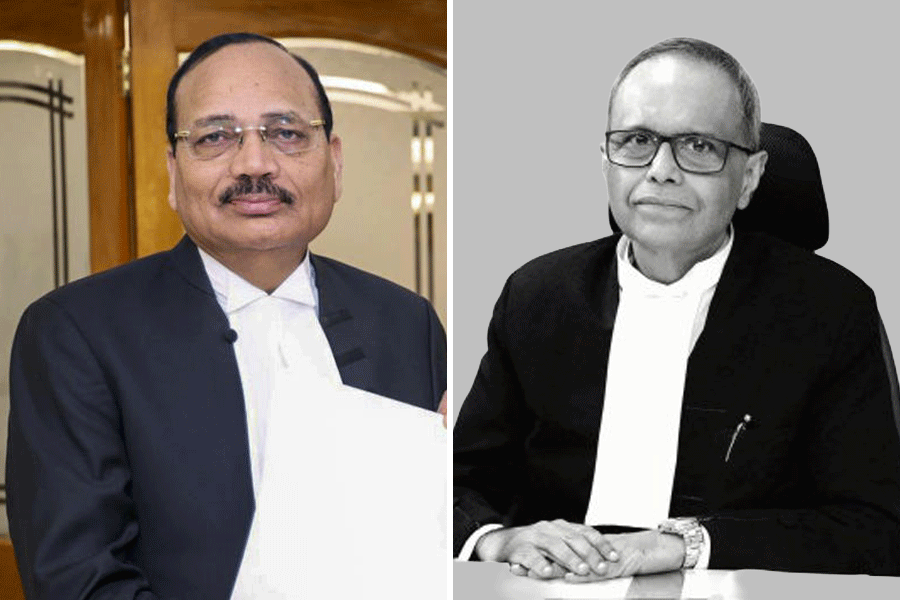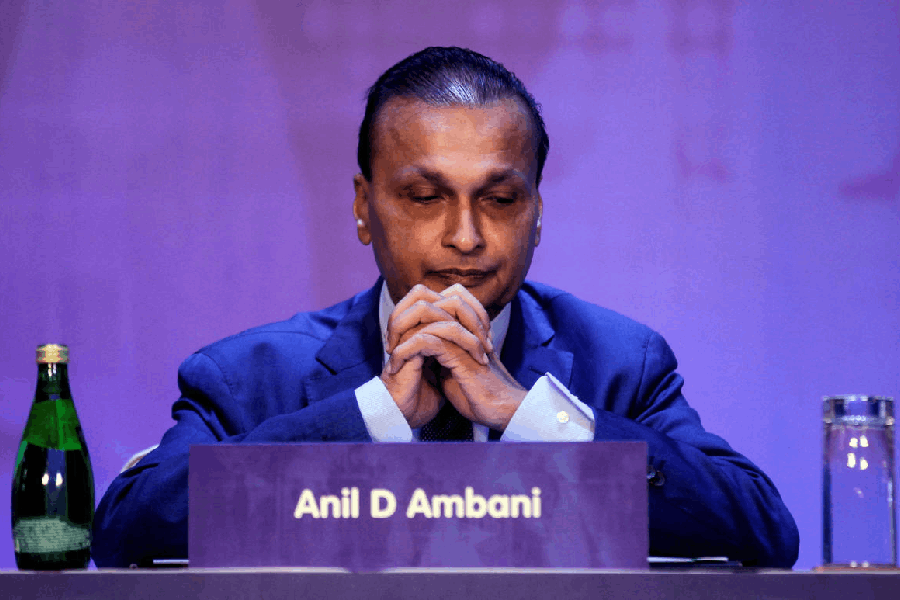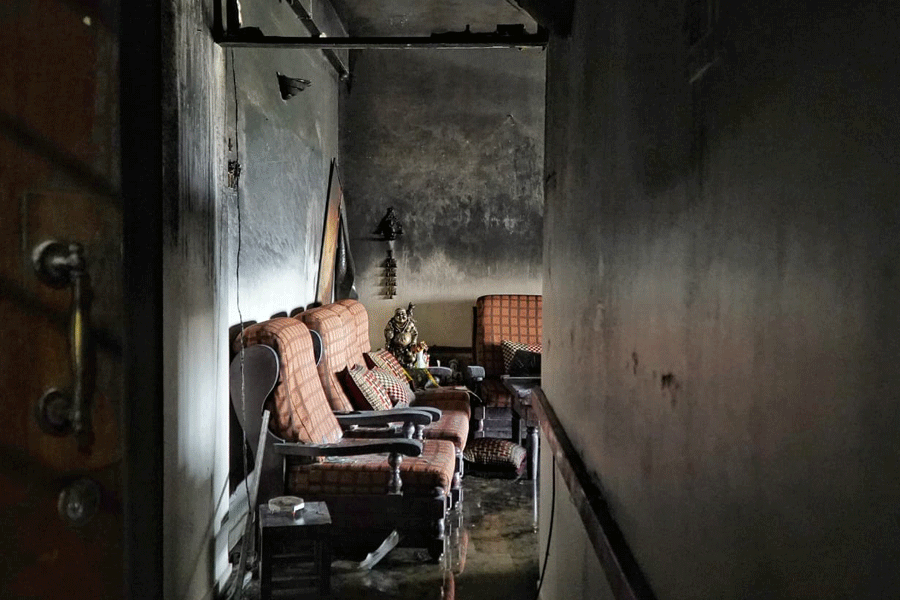Unlike Akshay Kumar’s 2019 patriotic spectacle Kesari, there are no dramatic sword-swinging, adrenaline-pumping battleground scenes or jingoistic dialogues in Kesari Chapter 2. In this “untold story” of the Jallianwala Bagh massacre, Akshay swaps his khaki for a black robe, and the battlefield for a colonial courtroom.
Karan Singh Tyagi, who takes on the mantle of the director in this sequel, attempts to honour a different kind of courage — that of principled dissent. But for all its high-minded ambition and handsomely mounted production, the Dharma Productions-bankrolled film ends up feeling less like a stirring historical reckoning and more like a primetime shouting match.
Adapted from the book The Case That Shook the Empire by Raghu Palat and Pushpa Palat, Kesari Chapter 2 follows the aftermath of the Jallianwala Bagh massacre of 1919. The film brings to the screen the little-known but historically pivotal figure of C Shankaran Nair (Akshay Kumar).
When we first meet Nair, he is a trusted legal advisor to the Crown, defending imperial interests in court against the backdrop of a simmering freedom struggle in India. But when hundreds of unarmed protestors are gunned down in Amritsar under Brigadier Reginald Dyer’s (Simon Paisley Day) command, Sankaran is forced out of his diplomatic slumber. Teaming up with junior lawyer Diljeet Gill (Ananya Panday), he begins finding evidence of a conspiracy, suggesting that Dyer had engineered the situation to justify slaughter.
In one of the film’s more interesting twists, the British respond by pitting another Indian lawyer against him — Neville McKinley (R. Madhavan), a sharp-tongued legal tactician with a personal axe to grind. This dynamic, with two Indians on opposite sides of a colonial trial, offers promise. But instead of engaging in a nuanced dissection of complicity and conscience, the film quickly devolves into a barrage of courtroom one-liners and personal vendettas.
Akshay Kumar, who has had more than his share of nationalist roles, delivers one of his most grounded performances in recent memory (except maybe the final monologue where his Nair starkly resembles Namastey London’s Arjun Singh). However, the impact of Nair’s transformation from a knighted insider to dissenter is rushed through with a mix of incredulous plot turns and tone-deaf dialogue. Even the sudden barrage of F-bombs from Nair in the climax of the movie takes away from the gravitas of the character.
R. Madhavan fares better. His Neville is shrewd, wounded, and not without complexity. Though his motivations are rooted in a flimsy backstory of personal betrayal, Madhavan’s controlled performance gives Neville a sense of conviction.
Ananya Panday, as the quietly defiant co-counsel of Nair, brings warmth and dignity to her role. But she, just like Regina Cassandra as Nair’s wife, is reduced to mere ornamental sidekicks.
Where the film does find unsettling resonance is in its depiction of Brigadier Reginald Dyer, brought to life by Simon Paisley Day. He brings a quiet menace to the man remembered in history as the ‘Butcher of Amritsar’. His unflinching sense of entitlement makes Dyer one of the film’s most effectively drawn characters.
The most hard-hitting part of Kesari Chapter 2? The massacre itself, restaged with chilling realism early in the film. The grim, staccato of bullets in a garden where families had gathered to celebrate Baisakhi, speaks louder than any dialogue, a scar that never quite fades.










